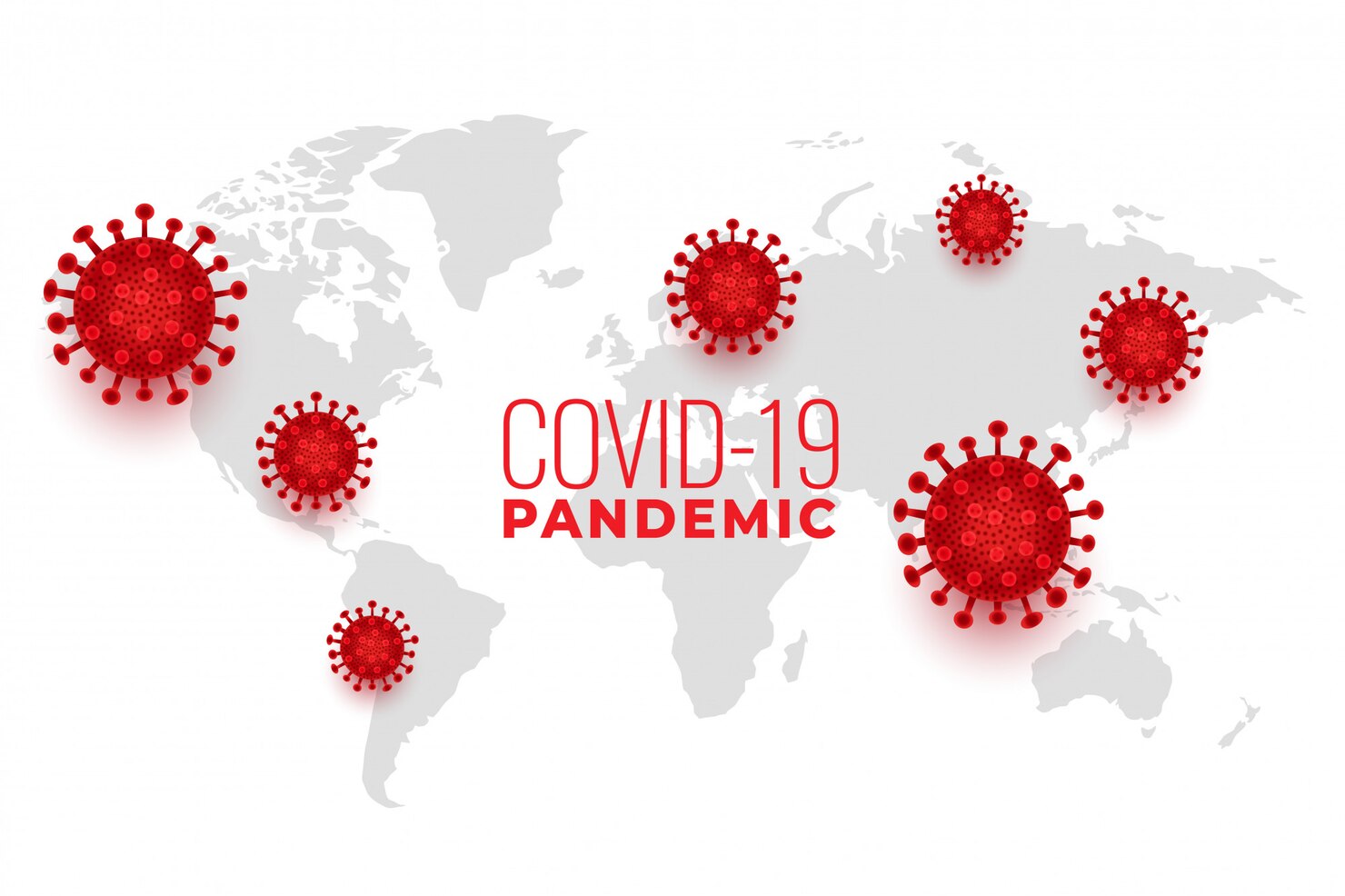United States: The new coronavirus subvariant JN.1 was declared as a “variant of interest” by the World Health Organization (WHO) on Tuesday.
The JN.1 cases are on the rise at a fast pace in several countries. WHO said it made up around 30 percent of all coronavirus cases globally in December, which was just 3 percent in November.
Moreover, as per WHO, the increase is expected to accelerate in the countries experiencing winter.
Cases on the rise in the US
The WHO designation came following the Washington Post report last week about the soaring number of emergency room visits in the United States for COVID-19 influenza and respiratory syncytial virus collectively, which reached the highest levels since February, which was ahead of the holiday period.

As per the US Centers for Disease Control and Prevention (CDC), JN.1 is now causing around 20 percent of new COVID-19 infections in the United States and has become the fastest-growing strain of the virus. It also said JN.1 is responsible for around one in five new coronavirus infections in the nation.
Its dominance is already observed in the Northeastern part of the United States, where a third of the new infections are due to this new subvariant, CNN Health reported.
About JN.1 subvariant
WHO had declared BA.2.86 sub-lineages as a variant of interest earlier. But now JN.1, which descended from BA.2.86, or Pirola, is listed as a variant of interest, separate from its parent lineage.
A variant of interest is defined as a strain with genetic mutations that appear to be growing faster than other strains and are likely to affect the virus characteristics explained by WHO.
Warning by WHO
WHO considered the global public health risk of JN.1 to be low. Nonetheless, it issued a warning for the countries approaching winter that they should be aware that COVID-19 and other pathogens may worsen the respiratory disease seasons.
WHO said, “Despite this, with the onset of winter in the Northern Hemisphere, JN.1 could increase the burden of respiratory infections in many countries.”
Treatment and Vaccination for JN.1
Though the JN.1 strain seems to have an advantage over other strains, it doesn’t appear to be more severe yet, US News reported.
While assessing the risk related to the strain, WHO issued a statement which read, “While there is a rapid increase in JN.1 infections, and likely increase in cases, available limited evidence does not suggest that the associated disease severity is higher as compared to other circulating variants.”

For the vaccinations, coronavirus vaccines are expected to work on this new strain, too.
Maria Van Kerkhove from WHO said, “Current vaccines, including those based on ancestral strain as well as the updated monovalent XBB vaccines, continue to provide protection against severe disease and death, including against JN.1.”











Leave a Reply